5 Ways Microsoft Is Expanding Internet Of Things Cloud Services For Partners
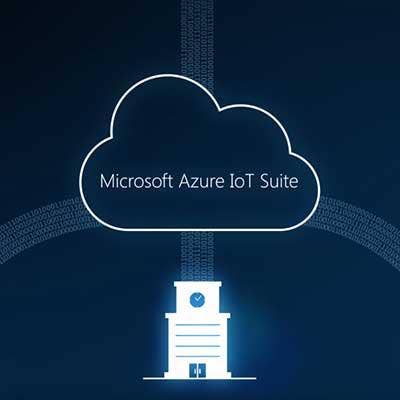
New Microsoft IoT Capabilities
Microsoft has bolstered its Internet of Things Azure Suite by introducing a slew of new services and collaborations for partners, including a fully-managed software as a service offering and a connected factory solution.
The Redmond, Wash.-based company made the announcements at the Hannover Messe conference, which takes place this week in Germany.
"Microsoft has the most comprehensive IoT portfolio with a wide range of IoT offerings to meet organizations where they are on their IoT journey, including everything businesses need to get started — ranging from operating systems for their devices, cloud services to control them, advanced analytics to gain insights, and business applications to enable intelligent action," Sam George, Microsoft’s Director of Azure IoT, in a blog post.
Following are five of Microsoft's biggest offerings for partners who are using the company's Azure platform.
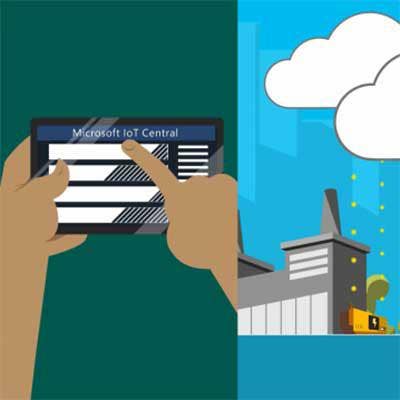
IoT Central
Microsoft introduced a new fully managed software-as-a-service offering for partners, IoT Central, that the company said will "reduce the complexity of IoT solutions." IoT Central, which will be built on the Azure cloud and use Microsoft's existing Azure IoT suite, will be rolling out over the next few months, according to Microsoft.
"Microsoft is simplifying IoT so every business can digitally transform through IoT solutions that are more accessible and easier to implement," said George.
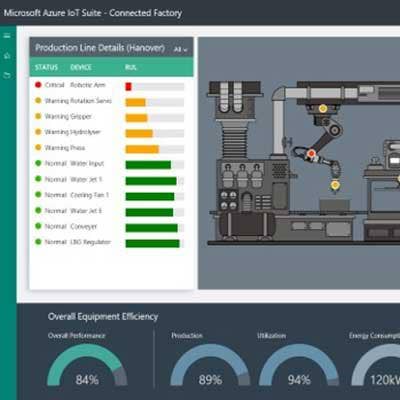
Connected Factory
Microsoft also lifted the curtain on a new pre-configured industrial IoT solution as part of its Azure IoT suite: Connected Factory.
This solution facilitates the connection of on-premises OLE for Process Control (OPC) unified architecture – the M2M communication protocol for industrial automation – and OPC Classic devices in the Microsoft cloud, helping customers easily get insights, securely browse and configure factory devices from the cloud.
Microsoft said that as part of its connected factory solution, it partnered with OPC unified architecture players who have built gateway solutions, including Unified Automation, Softing and HPE.

New Analytics Services
Microsoft also doubled down on the analytics sector of IoT with the introduction of two other services. The company launched Azure Time Series Insights, which is a fully managed analytics, storage and visualization service that offers customers better insight into their device activities.
Microsoft IoT Central and the Azure IoT Suite Connected factory preconfigured solution both leverage the new Azure Time Series Insights service, which the company said is now available in preview. Additionally, Microsoft brought its Azure Stream Analytics capabilities from the cloud to edge devices. The company launched a preview version of Azure Stream on edge devices for customers with time-sensitive or mission-critical IoT applications.
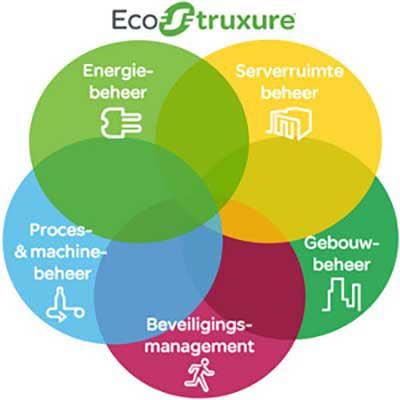
Partnership With Schneider Electric
Microsoft at the conference announced it was teaming up with industrial IoT company Schneider Electric. Through the two companies' partnership, customers can now access multiple cloud-based applications from Schneider's EcoStruxure architecture while also utilizing the capabilities of the Azure cloud platform.
The two companies will offer cloud-based IoT solutions for all of Schneider Electric's end user segments – so Microsoft's Azure capabilities will be available to users in Schneider Electric's deep domain expertise in power management, plants, machines, buildings, data centers and grids. Also, Schneider Electric will build Microsoft's HoloLens technology into its process design and enterprise asset management solutions to bring mixed reality capabilities to industrial IoT applications.
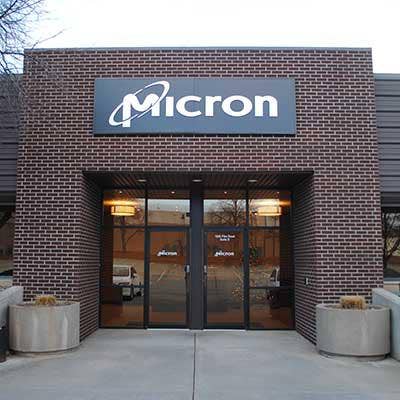
Micron Technology Partnership
Microsoft also announced that it would collaborate with semiconductor company Micron Technology to offer a new solution that adds a layer of security to IoT hardware. The solution, Micron Authenta, integrates into Micron's flash memory products and sensors that are in devices to build trusted links between these devices and Microsoft's Azure Internet of Things cloud.
Microsoft and Micron also announced that they would offer software development kits, which the companies say will make it easier to provide secure IoT cloud management and connectivity for new platforms and devices, as well as the ability to retrofit legacy systems.